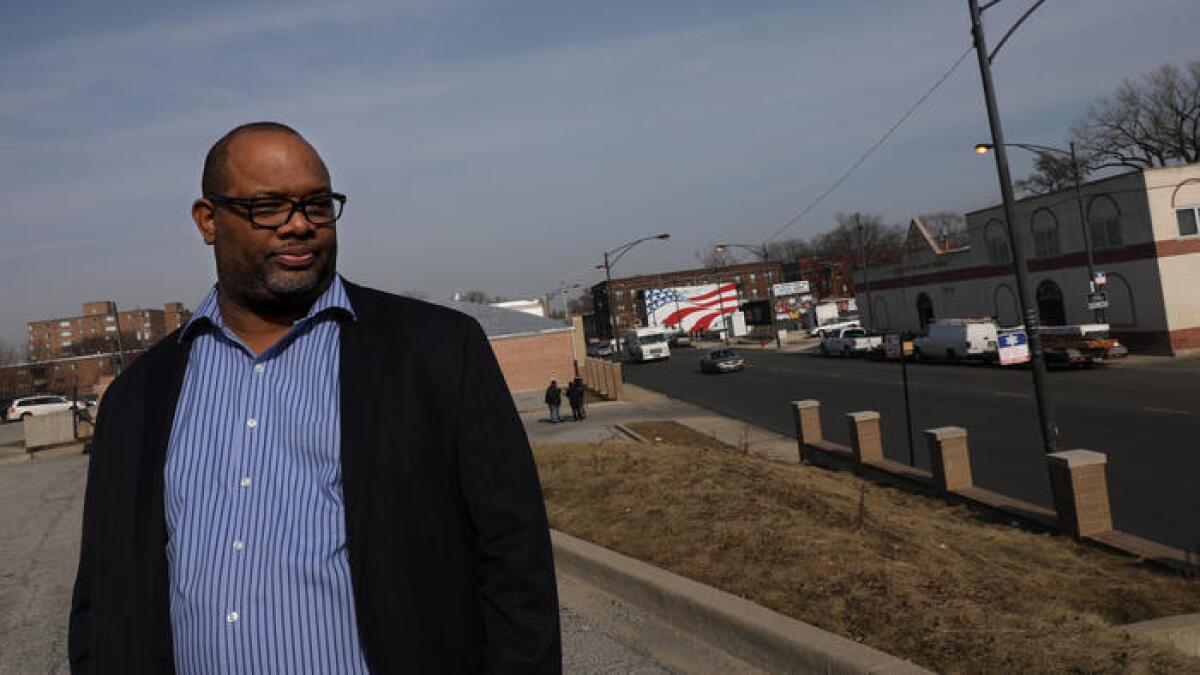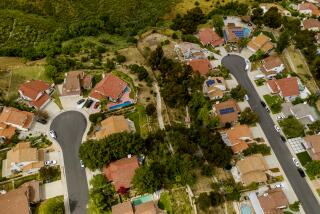In growing numbers, blacks continue to leave Chicago area in search of jobs and security

Cook County in Illinois once again recorded the largest black population of any county in the U.S., but it carries that title with less conviction than previous years as more African Americans move to outlying suburbs or warmer states in the South and West, according to U.S. Census Bureau data.
Between 2015 and 2016, more than 12,000 black residents left Cook County, an increase from the previous year when about 9,000 residents left.
The greater Chicago area, which for the census includes parts of Indiana and Wisconsin, has lost nearly 46,000 black residents since 2010. That exodus is larger than in any other metropolitan area in the country.
“I’ve noticed people have been leaving the city of Chicago, absolutely,” said Corey Brooks, pastor of New Beginnings Church in Chicago’s predominantly black Woodlawn neighborhood. “Families, especially, and some single-parent households with young males. I think those two factors are contributing to the numbers you’re seeing.”
Some of those who left Chicago and Cook County relocated to other parts of the state, but Illinois still recorded a population drop of about 10,000 black residents between 2015 and 2016, more than any other state. Experts say it is an indication that the majority of the state’s black flight is occurring in Chicago.
The black exodus is part of a larger pattern of general population decline in the region. Illinois dropped by 37,508 people in 2016, losing more residents than any other state, and Chicago was the only city among the country’s 10 largest to drop in population. Between 2015 and 2016, the greater Chicago area lost 19,570 residents.
Dozens of former residents surveyed by the Chicago Tribune over the last year who’ve packed up cite a variety of reasons for leaving: high taxes, the state budget stalemate and the weather. But what’s propelling black flight isn’t quite the same as what’s driving out the city’s white population.
Africans Americans are leaving in search of stability, experts say, hoping to find stable incomes and safe neighborhoods, something they feel Chicago isn’t offering them. The city of Chicago lost 181,000 black residents between 2000 and 2010, according to census data.
Brooks said one of the factors contributing to Chicago violence is a shortage of jobs.
“It’s not just gang violence retaliation,” he said. “[Violence] is about economics. People can’t eat. People can’t sustain their families.”
William Frey, a demographer with the Brookings Institution, said he thinks the trend points to conditions beyond just crime.
“People move from the city to the suburbs for a host of things, crime being one of them. But I wouldn’t expect those people to move from a whole metropolitan area. Something bigger’s going on,” he said, referencing the region and state’s general population loss.
As are other Illinois residents, black residents are flocking to warm-weather states — something demographers are calling “reverse migration.” During the years after the economic recession of the late 2000s migration to those states slowed, but it’s heated up again as states in the South have better job opportunities and affordable housing.
It’s possible younger African Americans are heading South for cultural reasons, too, perhaps to reconnect with relatives in a region steeped in black history, experts say.
The greater Atlanta area in 2016 had the largest numerical increase in black residents in the U.S., gaining more than 46,000 black residents, according to census data. But Fulton County, where most of Atlanta sits, still has far fewer black residents (458,000) than Cook County (about 1.3 million). Cook County has had the largest number of black residents of any county since at least 2010.
Brooks, the South Side pastor, says the consequences of so many black residents leaving each year is that these neighborhoods will deteriorate or lose their identities, and potentially succumb to gentrification.
“Unless we all come together as a community to try and resolve these issues ourselves, unless we build businesses and create jobs,” he said, “we’ll be left with communities [ravaged] by crime, violence and a bad economy.”
Eltagouri writes for the Chicago Tribune.
ALSO
Kids in pro-Trump rural areas have a lot to lose if GOP rolls back Medicaid
Now involving Reddit and neo-Nazis, the spiraling Trump-CNN feud is 2017 in a nutshell
More to Read
Start your day right
Sign up for Essential California for news, features and recommendations from the L.A. Times and beyond in your inbox six days a week.
You may occasionally receive promotional content from the Los Angeles Times.






